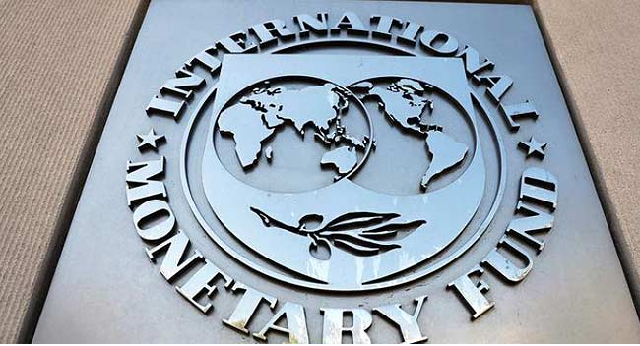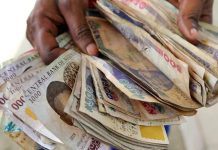The International Monetary Fund (IMF) has forecasted that Nigeria’s foreign reserves could drop to $24 billion in 2024, according to its latest country report. This projection indicates a significant decline, posing potential foreign exchange challenges for Africa’s largest economy.
As of February 8, the country’s external reserves stood at $33.12 billion. The IMF anticipates a tough period for Nigeria’s financial account throughout 2024–25, citing several factors such as the absence of new Eurobond issuances, substantial repayments of existing funds and Eurobonds amounting to $3.5 billion, and ongoing portfolio outflows.
Despite projecting a surplus in the current account, the IMF expects officially reported reserves to diminish to $24 billion in 2024, with a projected recovery to $38 billion by 2028, as portfolio inflows are forecasted to resume.
The report highlighted that the first half of 2023 witnessed a surplus in the current account, yet there was a notable decline in reserves. This downturn has been attributed to a decrease in crude oil exports, primarily due to oil theft and inadequate investment in essential upstream infrastructure.
Additionally, profit repatriation from the oil sector has decreased, partially offsetting the adverse effects on the current account. However, Foreign Direct Investment remains low, while there has been an increase in portfolio outflows, including equity and Eurobond repayments, as well as repatriations.
The IMF emphasized the need for comprehensive information on short-term foreign exchange liabilities from Nigerian authorities to accurately calculate net international reserves. Despite challenges, the IMF reiterated the importance of addressing stalled per-capita growth, poverty, and high food insecurity in Nigeria, which have exacerbated the ongoing cost-of-living crisis.
Low revenue collection has also hindered the provision of services and public investment, with headline inflation reaching 27 percent year-on-year in October, driven by factors such as fuel subsidy removal, exchange rate depreciation, and poor agricultural production in the country.
Overall, the IMF’s assessment underscores the importance of proactive measures to address the economic challenges facing Nigeria and ensure sustainable growth and stability in the long term.











